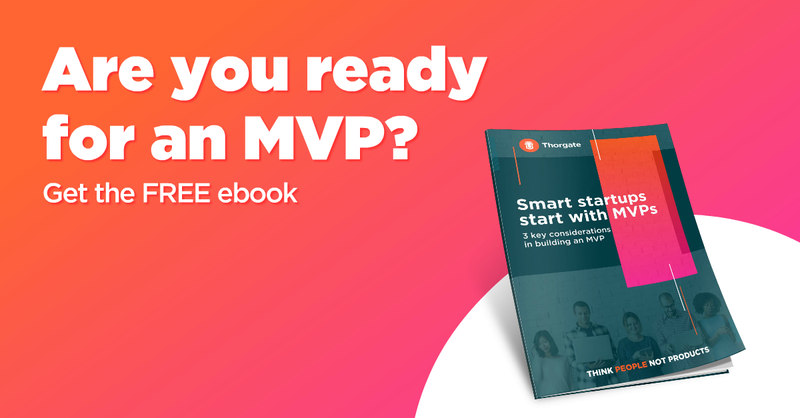Launching a startup in this day and age is a brave endeavour because, statistically speaking, it will probably fail – 90% of startups fold, of which 70% do so during years two through five.
There are many reasons why a startup might call it quits – running out of money, a bad product, a flawed business model, burnout, internal issues, insufficient experience, bad timing, better competitors, and more. The most common reason, however, is not having a market for their product. Nearly half of all startups fail because not enough people need their idea or at least the startup fails to convince the market that they do.
This also explains why most startups fail after two or more years, which roughly coincides with most product launches. Taking a concept to market is a lengthy process that typically takes 1-2 years, after which founders come face-to-face with the real market demand. It's a decisive moment that either signals opportunity or the lack of it.
Unfortunately, this is the point when a lot of startups realize that the market just isn't there. In which case, after having spent more than 2 years of time, money, and effort on bringing their idea to life, founders must either hastily pivot into a parallel opportunity or simply end their operations.
Of course, it's not all in vain. Founders who have previously failed have a slightly better chance of succeeding with their next project.
The supreme importance of early idea validation
The mistake of paying insufficient attention to product-market fit is common among first-time founders who are more eager to create what they have envisioned than to solve any particular market problem.
While this faith is invaluable – it's what pushes entrepreneurs to give it a shot even when they know they only have a 1 in 10 chance of making it – it's also something that can render founders blind to the real market situation and demand for their product.
Any startup founder looking to maximize their chances of long-term success should dedicate significant efforts to market analysis and testing from day 1. It might not be as exciting or fun as product development, but it's a necessary foundation for ensuring that you won't have to close shop after two years.
Idea validation comes in all shapes and sizes. Startup teams should be perpetually running customer interviews, following and analyzing competitors, and looking for ways to test their idea. We covered 3 low-cost idea validation methods in this article.
Start with an MVP
Product development is costly – the bulk of a startup's funds will go into building the product. To ensure that the money isn't wasted on a solution that nobody needs, startups should start with an MVP (Minimum Viable Product). An MVP is a barebones version of your product that serves to validate (or invalidate) your product-related assumptions and gather reliable customer feedback. It helps you pivot at an early stage and bring out the version of your product that the market will truly love.
MVPs allow startups to make significant progress in product development while putting the early versions of the product to use to run early market and usability tests. By building your product off of market feedback, you can immediately craft something that is more suitable to the end-user. More than that, an MVP allows you to launch significantly earlier and validate or invalidate your idea before you go all-in on building a complete product. Failing faster will protect you from failing harder!
By using an MVP strategy, a startup is more likely to find a product-market fit. And, as statistics suggest, this is one of the most important keys to success. Think of it like being able to walk in a 3-D model of the house about to be built, being able to change the position and the size of doors/windows walls, before anything is built.

Download our free eBook – Smart Startups start with MVPs – to learn all about MVPs, building them, and who to entrust with their development.
OR book a consultation with an expert here.
Read More
Let's talk!
We want to offer you valuable insights to help make the right product development choices!
If you would like to discuss an idea, product development strategy or more, then feel free to write to us.




